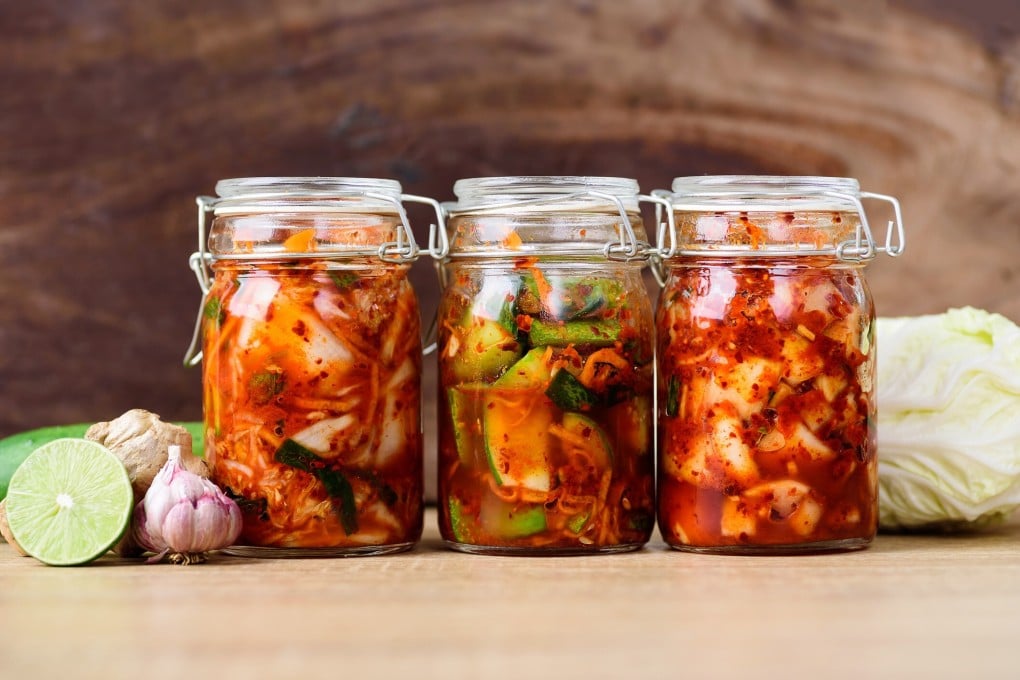Kimchi wars: South Korea attempts to differentiate Chinese and Korean versions of popular fermented cabbage dish
- South Korea has attempted to differentiate between kimchi and a similar Chinese dish
- The move has been criticised online in China, in the latest round of ongoing dispute over who owns the famous dish

South Korea’s cultural authorities announced on Thursday that they have given popular dish kimchi its first official Chinese translation, prompting an angry reaction on Chinese social media.
Kimchi, a side dish of spicy, fermented cabbage, is usually referred to in Chinese as pao cai. However, this is also the name for a pickled vegetable dish that shares similarities with kimchi but differs in the ingredients and preparation method used.
The confusion has led to disputes between Chinese and Korean people online, with each claiming kimchi as part of their country’s cultural heritage. The intensity of the online vitriol has even prompted official responses from diplomats in Seoul and Beijing.

02:05
Kimchi, the latest cultural feud between South Korea and China
Controversy was stoked once more after South Korea’s Ministry of Culture, Sports, and Tourism announced on Thursday that a directive will suggest a new Chinese term for kimchi.